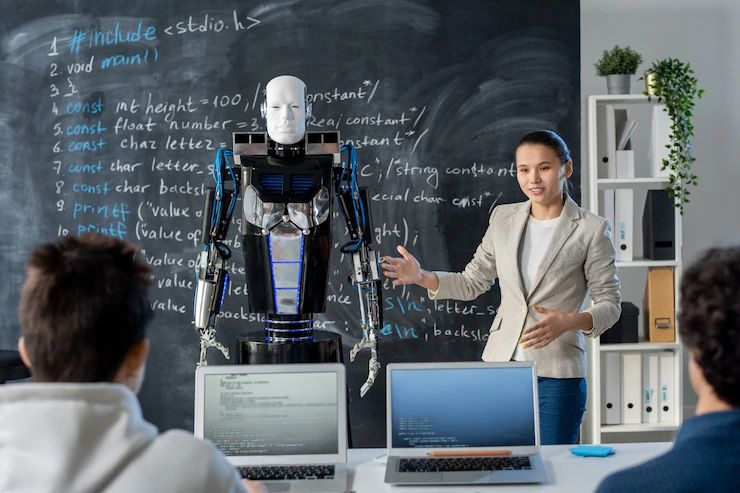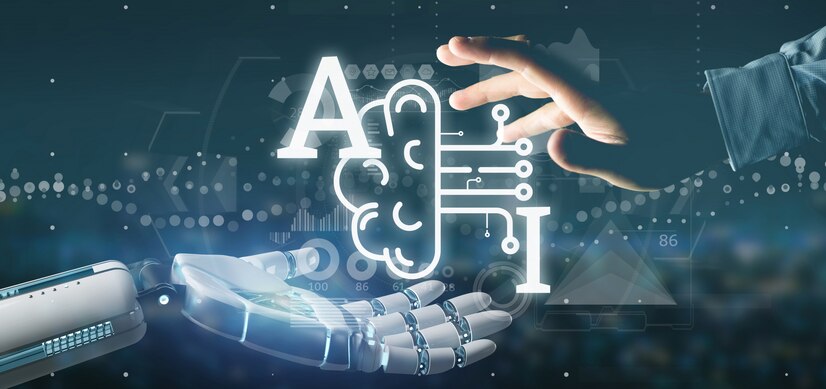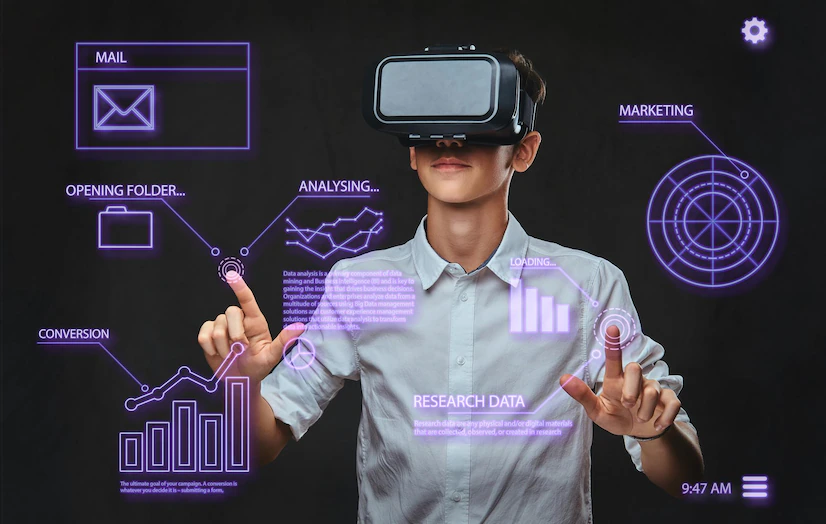Read Also:
AI In Education: Enhancing Learning Experiences And Personalized Education
5 Mins Read
Published on: 03 October 2023
Last Updated on: 11 November 2024

toc impalement
Artificial Engineering (AI) has become a hot topic of discussion in recent years with the advent of AI-enabled tools like Chat GPT and WallE. As AI has penetrated the everyday lives of people in these new avatars, widespread debates and discussions about its advantages and possible repercussions have started all around the world. As a result, in recent years, there has been a huge surge in the demand for AI courses online. Education is one of the areas in which the influence of AI is heavily felt.
The advent of AI and AI-enabled tools has opened up a whole new world of possibilities for the education industry. It is believed that within the next five years, personalized education and customized learning experiences will be the deciding factor for the quality of education. In this article, we ponder the possibilities offered by AI in enhancing learning experiences and personalizing education like never before.
With the boom of AI-generated content in the last two years, we might get a feeling that AI is something that just came into existence. However, this is far from true. In the 1960s, computer engineers started training the early computers to distinguish between images of cats and dogs, and they succeeded to an extent. So, AI has been around for as long as space research and DNA research.
The use of AI in education is also older than we might imagine. Several universities have been using automated grading systems for evaluating the language and mathematical ability
Origin Of AI In Education

of students since the mid-2000s and online learning platforms have been creating customized learning paths for their learners for the last 10 years. Today, AI has become a valuable tool for both students and educators to improve the comprehension and quality of delivery of education respectively.
Enhancing Learning Experiences
AI has been used in education primarily to enhance the learning experience of students. AI is used to analyze student performance, identify their strengths and weaknesses, and tailor learning materials accordingly. AI is also useful in sourcing materials that provide information about the same topic at various levels and depths to ensure thorough comprehension before moving on to the next level.
Moreover, Natural Language Processing (NLP), a subset of AI, has led to the creation of chatbots and virtual teaching assistants that can help students by answering their queries, providing feedback, and offering 24/7 support, all in all creating a more inclusive and engaging learning experience.
Personalized Education: Unlocking Potential
Unlike traditional classrooms often follow a one-size-fits-all approach, which may only cater to some students’s unique learning styles, AI-driven adaptive learning systems, can curate content and learning paths specific to each student’s needs, interests, and abilities. This personalized approach not only increases student engagement but also empowers educators to address the diverse needs of their students more effectively.
Today, educational institutions can leverage the power of AI to analyze vast amounts of data and identify patterns in a student’s performance to provide targeted interventions for underperforming students. This will help in reducing dropout rates and improve overall educational outcomes.
Empowering Educators Through AI-Assisted Teaching
There is a large fear that AI might one day replace educators. However, its role in assisting educators and empowering them must not be overlooked. AI can automate repetitive tasks such as grading and data analysis freeing tutors to focus more on giving individualized attention to students and building better relationships with them.
Moreover, AI can give recommendations based on students’ performances that include different teaching strategies, learning resources, and assessment techniques. In fact, AI can thus enable educators to fine-tune their styles of pedagogy and optimize the learning processes.
Use Of AI In Early Identification Of Learning Disabilities
Identifying learning disabilities and adapting teaching strategies to help students with such disabilities has been a major challenge for educators for decades. AI can help identify learning disabilities among kids at an early age by analyzing their behavioral patterns and academic performance.
This will enable educators and educational institutions to implement interventions at an early stage before such disabilities could impair the students’ performance and morale over time. This proactive approach can simultaneously benefit students and reduce the burden of the state and community on special educational resources.
Gamification And AI: A Perfect Match

Gamification has proven to be an effective way to enhance student motivation and engagement. When combined with AI, gamified learning experiences can become effective tools for simplifying and imparting difficult concepts to students. AI can adapt game elements based on individual student progress and preferences, thus offering challenges and rewards that resonate with each learner’s unique capabilities.
Furthermore, AI can be used to provide insights into students’ problem-solving abilities, decision-making processes, and overall learning styles by analyzing gameplay data. This would help educators design more effective and personalized educational experiences.
Challenges And Ethical Considerations
While AI brings a myriad of benefits to education, its implementation also poses challenges and ethical considerations. Data privacy and security are paramount concerns when dealing with student information and performance data. Educational institutions must ensure robust data protection protocols to prevent unauthorized access or misuse of sensitive information.
Moreover, the issue of algorithmic bias cannot be overlooked. AI algorithms are only as unbiased as the data used to train them. It is crucial to ensure that AI systems do not perpetuate existing social inequalities and stereotypes.
Conclusion
Artificial Intelligence in education holds the potential to revolutionize the way we teach and learn. By enhancing learning experiences, promoting personalized education, and empowering educators, AI can help students reach their full potential and equip them with the skills needed for the future.
However, responsible implementation, along with ethical considerations, is essential to harness AI’s benefits fully. Striking a balance between technology and the human touch is crucial in creating a successful educational landscape that prepares students for the challenges of an ever-evolving world. As AI continues to advance, it is vital to leverage its capabilities in education thoughtfully and ensure that it remains a tool that enhances human potential rather than replacing human connections and empathy in the learning process.


















Comments Are Closed For This Article